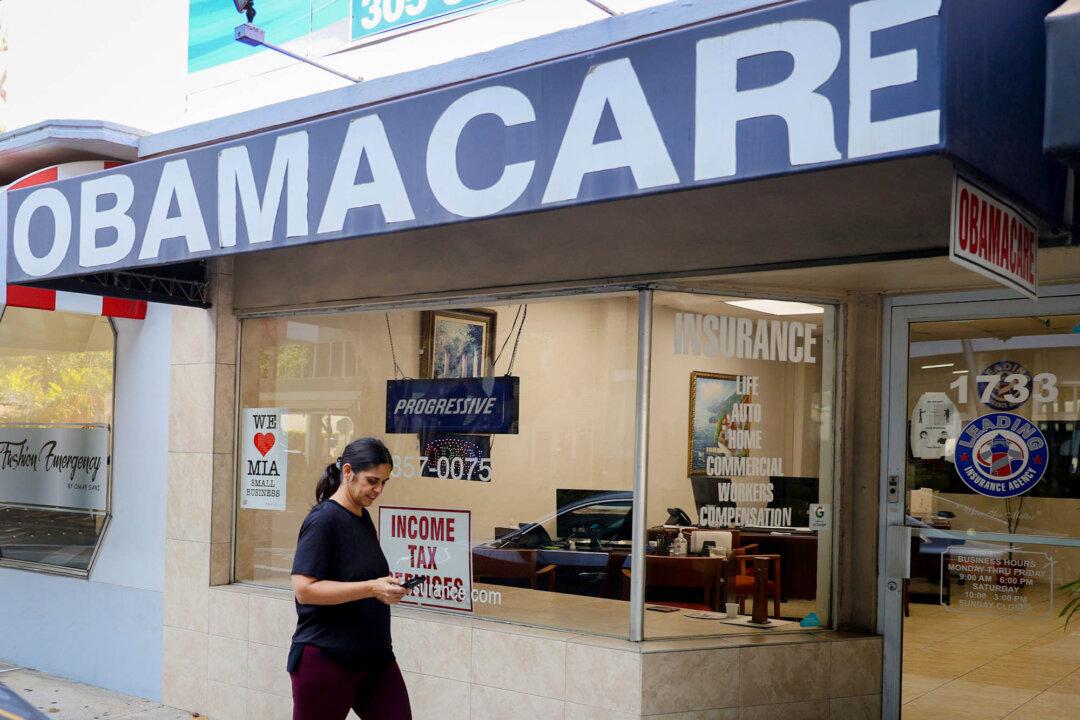CHICAGO—Democrats have rapidly built momentum in their presidential campaign, and party members, strategists, and political analysts say they know what must be done to maintain it.
Within a month of entering the race, Vice President Kamala Harris has erased the lead that former President Donald Trump held over President Joe Biden. She has cut Trump’s advantage in the polls and now leads by 2 points to 3 points, according to FiveThirtyEight polling averages.




